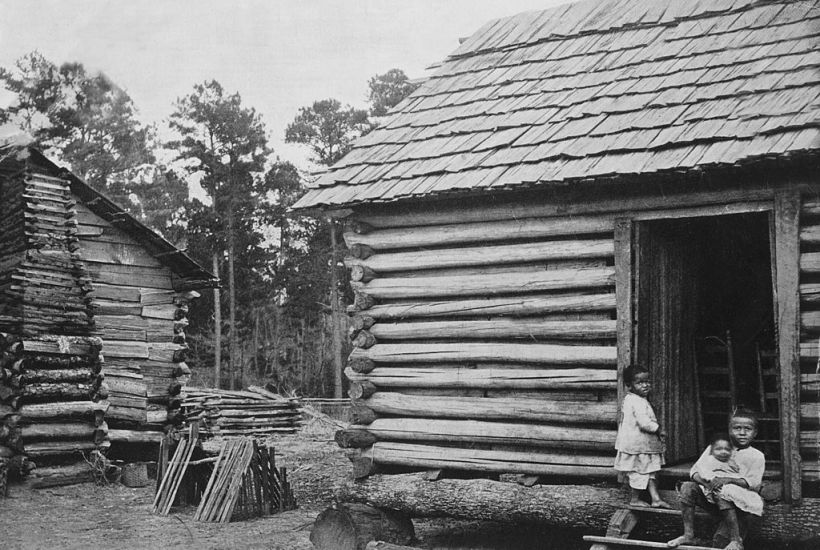I love American roadtrips. They are the ideal way to visit 96 per cent of the country, which is determinedly built (for good or ill) around the desires of the car driver. The brilliant roads, the endless motels, the hideous car lots that blight most of the cities (making parking a doddle, even if they ruin the actual towns), they all ensure that driving is easefully delightful.
Already a subscriber? Log in
Subscribe for just $2 a week
Try a month of The Spectator Australia absolutely free and without commitment. Not only that but – if you choose to continue – you’ll pay just $2 a week for your first year.
- Unlimited access to spectator.com.au and app
- The weekly edition on the Spectator Australia app
- Spectator podcasts and newsletters
- Full access to spectator.co.uk
Or




















Comments
Don't miss out
Join the conversation with other Spectator Australia readers. Subscribe to leave a comment.
SUBSCRIBEAlready a subscriber? Log in